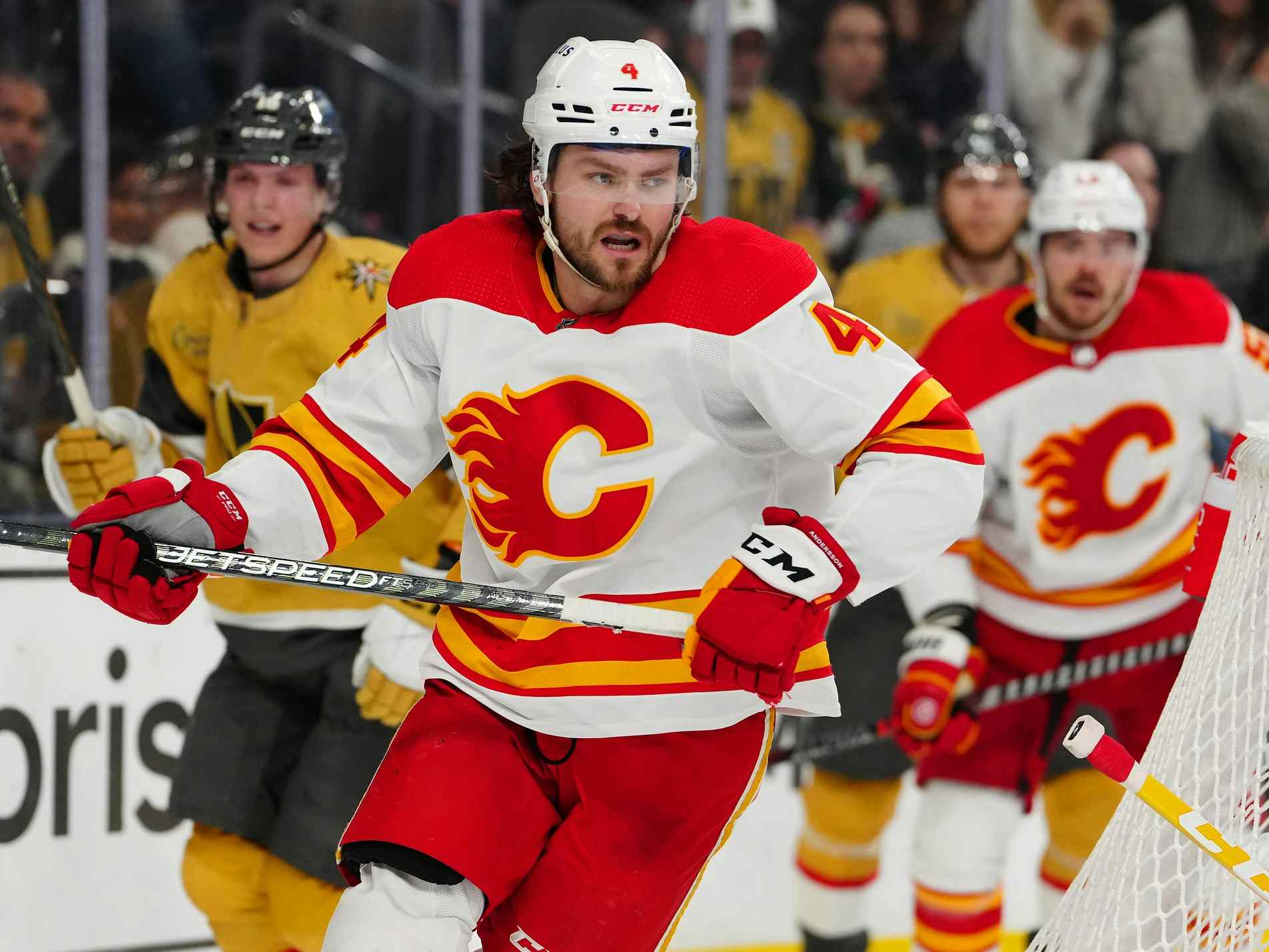And they called Mike Gillis a fool
By Ryan Lambert
14 years ago
Oh yes, the cap hit the Philadelphia Flyers incurred for Chris Pronger on that seven-year deal seemed big, especially because he’s 34 years old already. But what the hell, right? If he retired at any point in the final three or four years, it would cost them next to nothing, right?
Well, the NHL doesn’t think so, and the fallout is a cautionary tale all NHL teams should really keep an eye on.
A clue that Paul Holmgren should have known this Pronger contract might be a problem presented itself fairly quickly; the mutants over at HFBoards, within five minutes of the contract being announced, were already asking if this was going to count against the so-called “Over 35” rule.
For those unfamiliar, the current CBA has a rule stating that any contract that goes into effect after a player’s 35th birthday will have the full salary count against the cap for the entirety of the contract, regardless of whether or not he retires. This is meant as a deterrent to teams that would sign a useful 35-year-old player (say, Scott Niedermayer) to a long-term, heavily front-loaded deal that would drop the total cap hit off a reasonably-sized cliff upon that player’s retirement.
And that’s exactly what Pronger’s deal was because, as Bill Daly points out via Elliotte Friedman’s Twitter, it kicks in when the new League Year starts on June 30, 2010, and Pronger will have already been 35 for close to nine months by that point. Except now the Flyers “disagree and interpret the rule differently” which is, of course, hilarious.
The last thing anyone wants is their team holding the bag for some guy they signed to an absurd contract because they thought (incorrectly) that they could skate past something that says this:
All Player Salary and Bonuses earned in a League Year by a Player who is in the second or later year of a multi-year SPC which was signed when the Player was age 35 or older (as of June 30 prior to the League Year in which the SPC is to be effective), regardless of whether, or where, the Player is playing, except to the extent the Player is playing under his SPC in the minor leagues, in which case on the Player Salary and Bonuses in excess of $100,000 shall count towards the calculation of Actual Club Salary.
I don’t know how Philly thinks it can interpret something that explicit “differently” but okay. What this really means is that every team in the league, like the Canucks and, I’m sure, a few others, should be scampering to hire a “capologist.”
How does this relate to the Flames? Well, the only three contracts currently on file at the Saddledome that will end after a player is 35 are those belonging to Jarome Iginla, Daymond Langkow and Miikka Kiprusoff. But the most interesting case is that of Iginla, whose birthday is July 1. That means his contract, which expires June 30, 2013 will last until he is 35 and 364 days old. But if, like Pronger, he signs an extension prior to that final year starting, the Flames have to be awful careful about that cap hit, especially if he signs it prior to free agency officially starting on his birthday.
Of course, I could be completely wrong about this. I’m not a capologist.
Recent articles from Ryan Lambert




